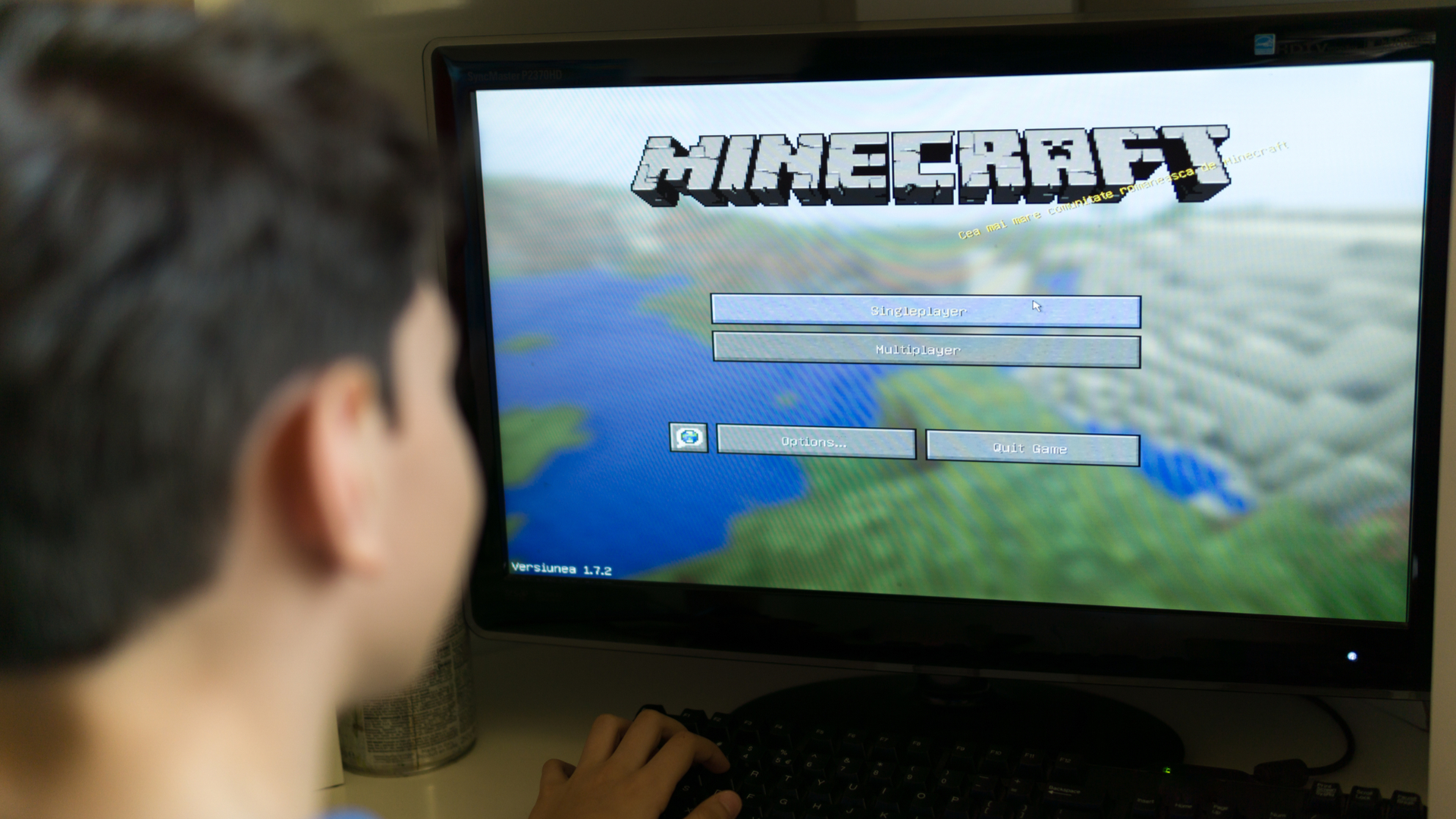Gaming ban would stifle interest in STEM, warns BCS
The warning comes after China banned online gamers under 18 from playing on weekdays


Restricting online gaming would further stifle children’s interest in STEM subjects, according to BCS, The Chartered Institute for IT.
The warning comes days after the Chinese government banned online gamers under the age of 18 from playing on weekdays, imposing a three-hour limit on weekends and bank holidays, as well as temporarily suspending approval for all new online games.
The regulation was imposed following concerns of rising rates of gaming addiction, known professionally as Internet Gaming Disorder (IGD), which last year was found to affect almost one in five (17%) Chinese adolescents.
However, BCS said that the gaming limit introduced by Chinese authorities “risks harming children’s education and should not be introduced in the UK”, due to fears that it could further stifle young children’s development of STEM skills. The ban could also lead to fewer children wanting to pursue a career in video game development, an industry which is now estimated to be worth £7 billion in sales for the UK alone.
Earlier this year, it was found that the number of students taking part in GCSE IT courses had declined by 40% in the last six years, prompting concerns that UK businesses may find it increasingly difficult to source local talent over the coming years.
Heavily restricting access to online gaming could escalate this issue further, as performing tasks in Minecraft or Roblox encourage children’s interest in STEM subjects, according to Professor Andy Phippen, digital rights specialist and fellow of BCS. His warning comes after members of the UK government previously considered restricting children’s access to social media.
“It just seems such an odd thing to do and very unworkable,” he said. “While we are a little way off this in the UK, [former Health Secretary] Matt Hancock previously said social media companies should regulate the amount of time children spend on these platforms. It is, therefore, not such a massive step to see government-mandated screen time here in the UK which makes me concerned.”
Sign up today and you will receive a free copy of our Future Focus 2025 report - the leading guidance on AI, cybersecurity and other IT challenges as per 700+ senior executives
China isn’t the only country restricting online gaming for children and teenagers. Since 2011, South Koreans under the age of 16 have been banned from gaming between midnight and 6 am. However, last month it was announced that the regulation, known as the Cinderella Law, will be abolished by the end of the year.
Having only graduated from City University in 2019, Sabina has already demonstrated her abilities as a keen writer and effective journalist. Currently a content writer for Drapers, Sabina spent a number of years writing for ITPro, specialising in networking and telecommunications, as well as charting the efforts of technology companies to improve their inclusion and diversity strategies, a topic close to her heart.
Sabina has also held a number of editorial roles at Harper's Bazaar, Cube Collective, and HighClouds.
-
 The UK AI revolution: navigating the future of the intelligent enterprise
The UK AI revolution: navigating the future of the intelligent enterpriseAs AI reshapes industries and societies, decision-makers in the UK face a critical choice: build a sovereign future or merely import it.
-
 Turning the UK AI revolution into a sovereign reality
Turning the UK AI revolution into a sovereign realityThe UK AI Revolution documentary series posed difficult questions about AI’s hype, control, and future. Now, IT leaders must find the architectural answers
